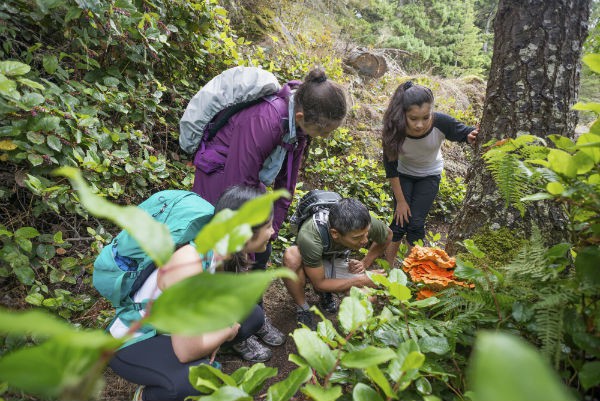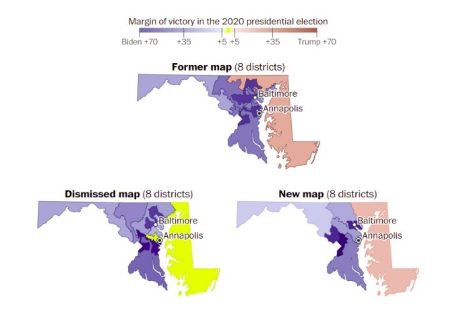Benefits of Experiential Learning

The typical classroom includes many students sitting at desks and facing a board within one room while they listen to the teacher speak or work on handouts. One can argue this prepares students for college or some other scenarios of life; however, wouldn’t it be more beneficial if students were able to learn beyond the classroom on a regular basis? Traditional learning in a traditional classroom mostly consists of talking about the world, which is a very good thing to do. But learning and teaching outside of the classroom can be more stimulating for students and allows for them to engage with more than just worksheets.
Many students have the privilege of traveling abroad but many do not. Travelling to distant countries or overseas is not the only option to learn about the developing world. Teachers can help students step outside of their classroom into surrounding neighborhoods or cities, and therefore learn about the world around them and how it works. It is just as important for students to learn about their own worlds within the areas and regions that they live in in order to understand the real world. If students have access to this type of learning, experiential learning, they will be able to put what they do learn in the classroom into action and can become active within their own communities.
The benefits to learning outside of the classroom are endless. Vanderbilt University discussed a few of these benefits, including developing social and personal skills. When students go out into the real world, part of understanding it is talking with other people, which helps to develop these social skills. Other benefits include developing observation and perception skills and providing first-hand real-world experiences. Experiments of sorts can be conducted within the classroom to an extent, yet, it is more beneficial for students to learn with real world materials and scenarios. Finally, working and studying beyond the classroom keeps students motivated and more interested in the subjects in which they are learning.
Studies beyond the classroom don’t only benefit the students but also the teachers. Wayne Jarvis from STEM Learning points out that teaching outside of the classroom allows for the educators to “inspire and reignite enthusiasm for teaching, provide a real-world context for delivery of content to students, making the curriculum more engaging for students, and remind teachers of the vast array of STEM careers that are on offer to tomorrow’s workforce.”
Here at Sandy Spring Friends School we have a wide variety of experiential learning, such as, intersession, summer service trips, and student exchange programs. During these yearly trips students have the opportunity to travel to far and near places to discover the things that they read about in books. A few of these locations include Italy, Australia, Puerto Rico, and many different states within the United States. Some of these trips, like the student exchange programs, include living with families in these different locations or helping to rebuild homes after natural disasters. Whether it’s for a service trip or just to simply learn about these places, each and every student benefits from experiential learning outside of their typical classroom to gauge a new perspective on life.

Hi, my name is Maria Menjivar, and I am a senior at SSFS. This is my second year on newspaper and I enjoy writing about student life and other important...





